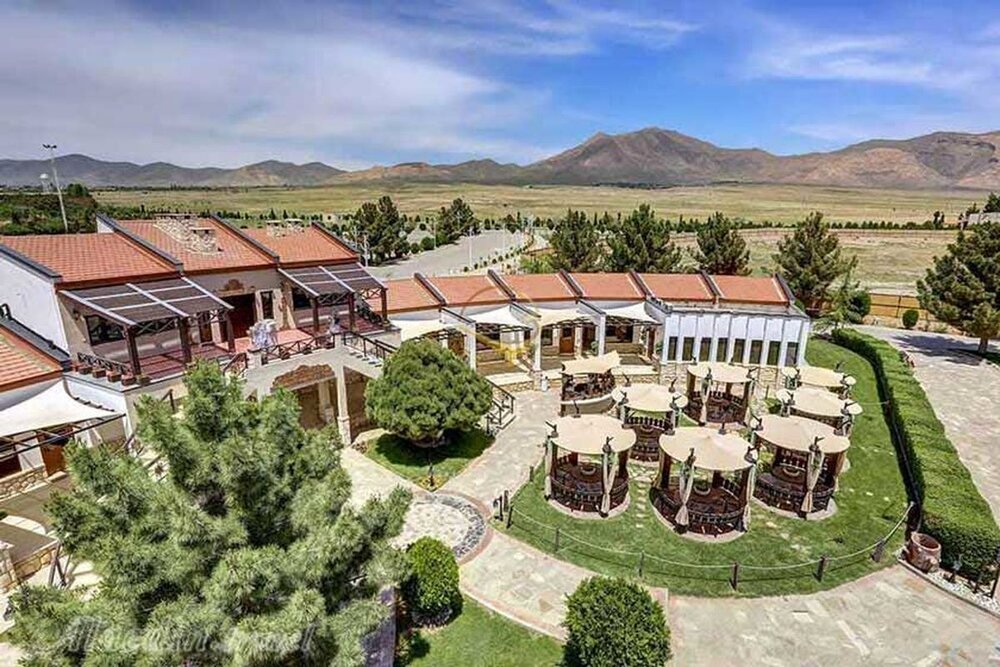Over 30 tourism projects underway in West Azarbaijan

TEHRAN – A total of 32 tourism-related projects are currently underway across the northwestern West Azarbaijan province, the provincial tourism chief has said.
The projects are being carried out in the counties of Bukan, Chaldoran, Maku, Sardasht and Salmas, Jalil Jabbari explained on Wednesday.
Back in June, the official announced that the Iranian government has allocated some 1.2 ($4.1 million) to the tourism-related projects underway in the province.
The budget will be spent on the projects in the areas of tourism, cultural heritage, and handicrafts, he added.
The projects include boosting the tourism infrastructure of the World Heritage sites of St. Thaddeus Monastery, also known as the Qareh Klise (“the Black Church”), and Takht-e Soleyman (“Solomon’s Throne”) as well as restoring the centuries-old Jameh Mosque of Urmia, the official added.
He also noted that West Azarbaijan province is slated to be marketed as a top travel destination for summertime.
As a way to distribute travel fairly in the country and to develop tourism capacities throughout the country, the northwestern province as well as some other provinces will be introduced as summertime holiday destinations, he stated.
Considering its history, culture, social and tourism potential, as well as the availability of suitable accommodation, hospitality, and leisure facilities, West Azarbaijan is ready to receive travelers and tourists, the official mentioned.
Before the coronavirus outbreak, the number of travelers to the province was increasing, but the pandemic halted that trend, he noted.
However, the province was a popular destination for travelers during the Noruz holiday this year, he said.
West Azarbaijan embraces a variety of lush natural sceneries, cultural heritage sites, and museums including the UNESCO sites of Takht-e Soleyman and Qareh Klise (St. Thaddeus Monastery), Teppe Hasanlu, and the ruined Bastam Citadel.
The region was home to several ancient civilizations. According to Britannica, it was conquered by Alexander the Great in the 4th century BC and was named Atropatene after one of Alexander’s generals, Atropates, who established a small kingdom there. Ultimately, the area returned to the Persian (Iranian) rule under the Sasanians in the 3rd century CE.
ABU/
